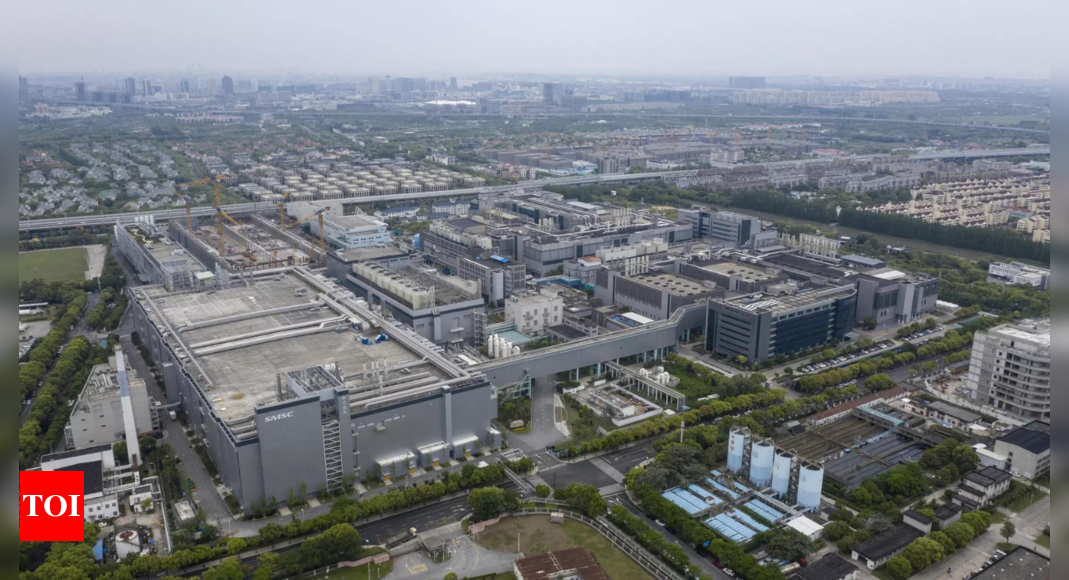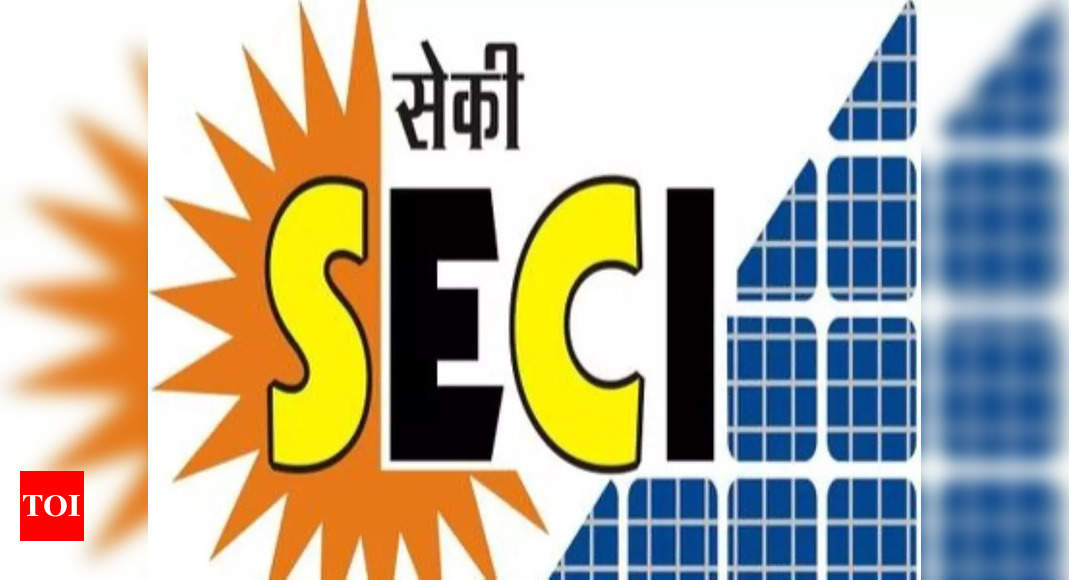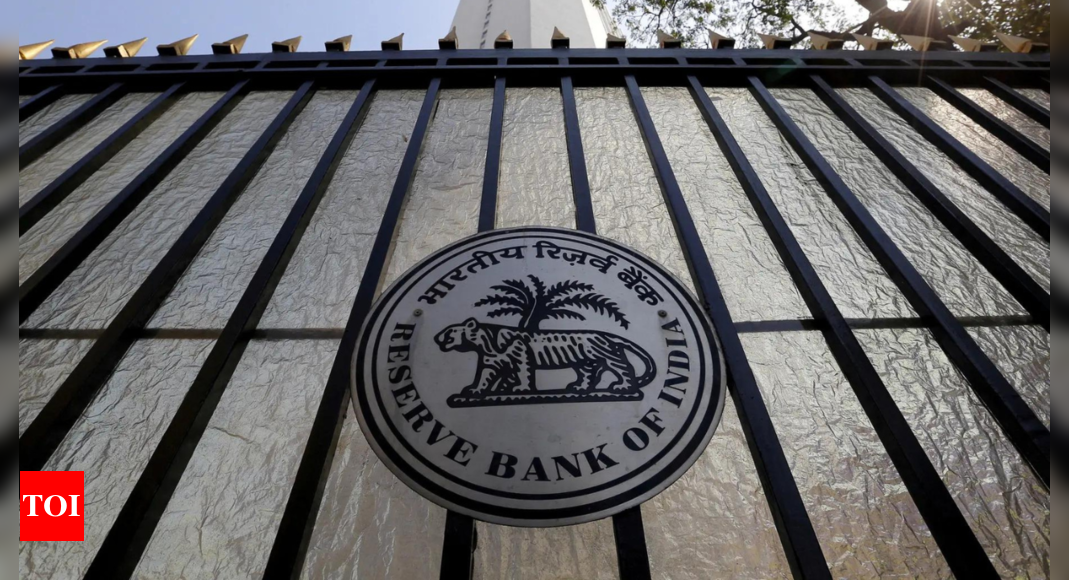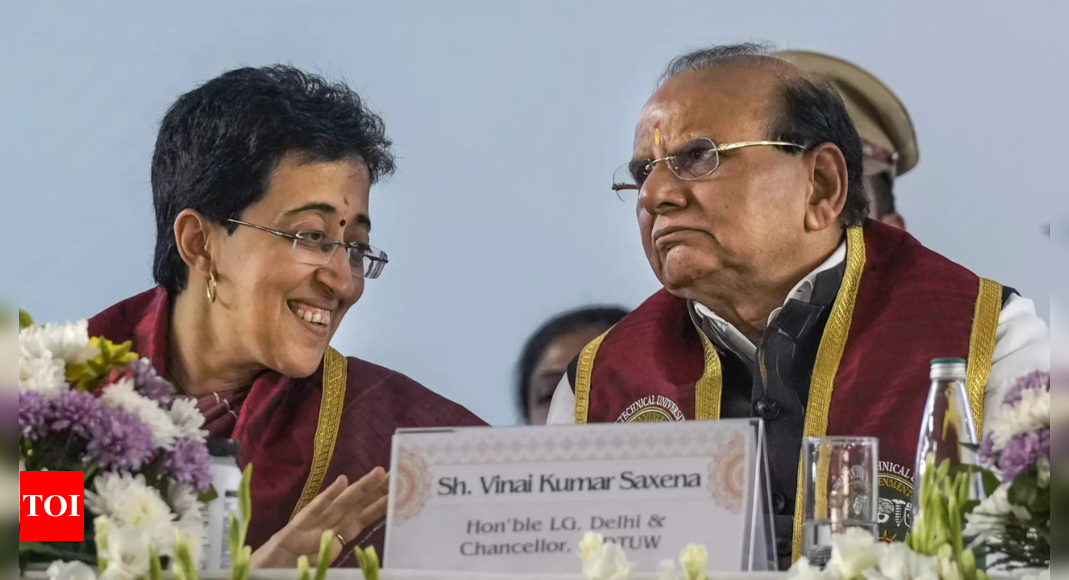
The US administration led by President Joe Biden expressed growing concerns on Wednesday about the significant global spillovers caused by China’s industrial manufacturing overcapacity.
Under Secretary for International Affairs Jay Shambaugh noted that these challenges may require defensive action to safeguard firms and workers, and that the traditional toolkit of trade actions may not be adequate.
“Addressing these challenges may warrant our taking defensive action to protect our firms and workers — and the traditional toolkit of trade actions may not be sufficient. More creative approaches may be necessary to mitigate the impacts of China’s overcapacity. We should be clear — defence against overcapacity or dumping is not protectionist or anti-trade, it is an attempt to safeguard firms and workers from distortions in another economy,” he said.
Shambaugh highlighted that the United States, along with its allies and partners in both developing and advanced economies, share common goals in addressing China’s policies that have negative economic spillovers on their firms, workers, and economic resilience.
He, however, also expressed hope that China would acknowledge the growing concerns among its major trading partners and work with them to address these issues.
He suggested that China could take steps such as boosting consumption, better supporting services, and reducing harmful and wasteful subsidies, which would be in China’s own interest and help reduce tensions.
Shambaugh added that while each country has its own concerns and needs, the underlying reason for these actions is undeniable. “As the G7 leaders and finance ministers have stated — China’s overcapacity undermines our workers, industries and economic resilience and security. The United States will act and we will not be alone,” he asserted.
The United States is not alone in seeking to address the negative spillovers from China’s non-market practices, with the EU, Turkey, Mexico, Chile, Brazil, and India recently taking actions.
Back in April, US and China reached an agreement to engage in “intensive exchanges on balanced growth” after Treasury Secretary Janet Yellen and her Chinese counterpart He Lifeng concluded two days of talks in Guangzhou.
The United States has taken steps, both through legislation and executive orders, to decrease dependence on specific Chinese technologies and strengthen domestic manufacturing abilities. Many in the White House and Congress consider these measures essential for safeguarding national security.
(With agency inputs)
Under Secretary for International Affairs Jay Shambaugh noted that these challenges may require defensive action to safeguard firms and workers, and that the traditional toolkit of trade actions may not be adequate.
“Addressing these challenges may warrant our taking defensive action to protect our firms and workers — and the traditional toolkit of trade actions may not be sufficient. More creative approaches may be necessary to mitigate the impacts of China’s overcapacity. We should be clear — defence against overcapacity or dumping is not protectionist or anti-trade, it is an attempt to safeguard firms and workers from distortions in another economy,” he said.
Shambaugh highlighted that the United States, along with its allies and partners in both developing and advanced economies, share common goals in addressing China’s policies that have negative economic spillovers on their firms, workers, and economic resilience.
He, however, also expressed hope that China would acknowledge the growing concerns among its major trading partners and work with them to address these issues.
He suggested that China could take steps such as boosting consumption, better supporting services, and reducing harmful and wasteful subsidies, which would be in China’s own interest and help reduce tensions.
Shambaugh added that while each country has its own concerns and needs, the underlying reason for these actions is undeniable. “As the G7 leaders and finance ministers have stated — China’s overcapacity undermines our workers, industries and economic resilience and security. The United States will act and we will not be alone,” he asserted.
The United States is not alone in seeking to address the negative spillovers from China’s non-market practices, with the EU, Turkey, Mexico, Chile, Brazil, and India recently taking actions.
Back in April, US and China reached an agreement to engage in “intensive exchanges on balanced growth” after Treasury Secretary Janet Yellen and her Chinese counterpart He Lifeng concluded two days of talks in Guangzhou.
The United States has taken steps, both through legislation and executive orders, to decrease dependence on specific Chinese technologies and strengthen domestic manufacturing abilities. Many in the White House and Congress consider these measures essential for safeguarding national security.
(With agency inputs)









